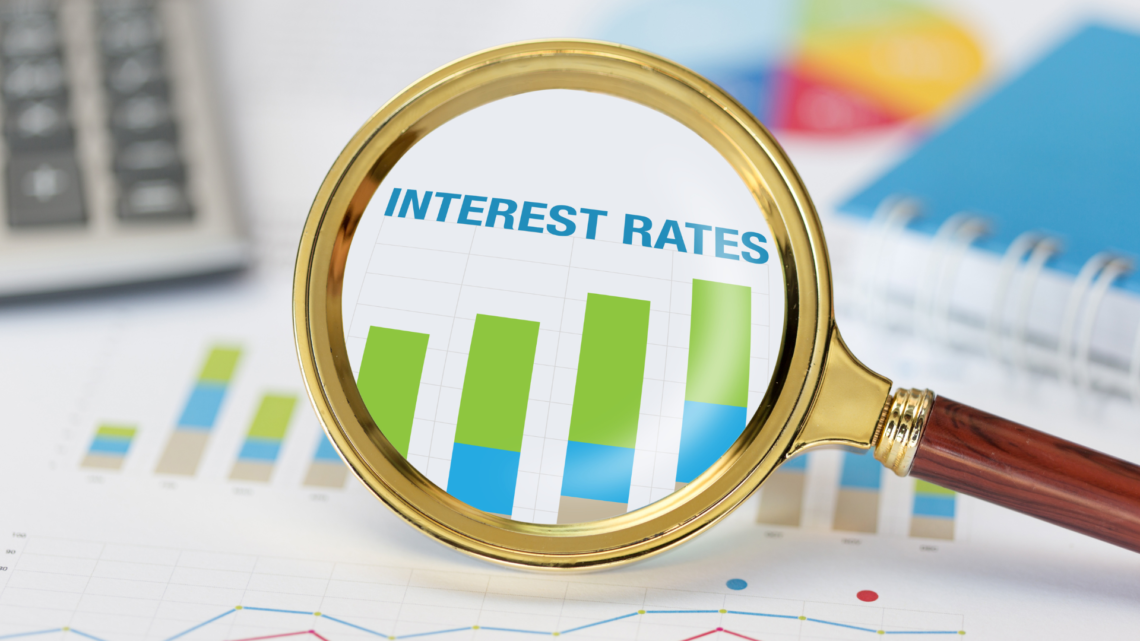
What is an Interest Rate on a Mortgage?
When buying a home, finding the right mortgage means understanding a lot of complicated financial terminology. According to the Consumer Financial Protection Bureau, one of these terms is the interest rate, which is “the cost of borrowing money over time.” Interest rates can vary based on the type of loan, how long the loan term is, and your credit score. In addition, interest rates also can vary depending on where you live since interest rates change based on the market.
An interest rate on a mortgage refers to the expense linked with borrowing funds. There are various types of interest rates, including fixed, adjustable, and interest-only rates. Familiarizing yourself with these rates can assist in saving both money and time when seeking a mortgage. To gain insight into different mortgage options and their implications, collaborating with a Local Broker is advisable. They can provide guidance on the various types of mortgages available and help navigate the selection process effectively.
Interest rates on mortgages can vary depending on the type and length of the loan. An adjustable-rate mortgage (ARM) starts with a lower interest rate than a fixed-rate mortgage, but the interest rate can change dramatically in the future. A fixed-rate mortgage starts with a higher interest rate than an ARM, but the rate never changes. The longer the term of the mortgage, the lower the interest rate. There are also over 60 Nationwide products tailored specifically to suit homeowners over the age of 60. Lifetime mortgages, retirement interest-only mortgages and pensioner mortgages are available therefore it’s important to consider all options before making a big financial commitment.
If you consider going for a lifetime mortgage, it can be important to find out the various options to ensure that you are getting the best deal. You can choose to discover the lowest lifetime mortgage rates for 2025, as this can affect the long-term financial planning. Moreover, the stability of a fixed-rate mortgage can be especially appealing for retirees who want to ensure that their monthly payments are consistent over time.
But what exactly is the mortgage rate interest, and how does it work? Simply put, it is the amount you are charged for borrowing money. Let’s say that you purchase a home. In general, when you buy a home on a mortgage, you borrow a certain amount, and once the property is worth a certain amount, the lender sells the home to you, and you pay the remainder of your mortgage. If, for example, you borrow $200,000 to purchase your home, and after 5 years, the home is worth $250,000, you have paid back $150,000 of the principal, and the bank has $75,000. At this point, the bank is selling the home to you for $250,000.
As we touched on above, an interest rate on a mortgage is how much a lender charges a borrower for the use of their money, or it is a fee the lender charges you to borrow the money for a home loan. It is calculated as a percentage and expressed as a decimal. The interest rate is expressed as a percentage, and a number of different interest rates can be applied to the same loan, depending on the borrower’s credit score, income, loan term, down payment, and other variables. For example, if you were borrowing $300,000 at 5.5% interest, your monthly mortgage payment would be $1,300. Another example is that 30-year fixed-rate loans have a fixed interest rate, while 15-year fixed-rate loans have a fixed interest rate for the first five to 15 years of the loan and then change in an adjustable fashion.
Two Types of Interest Rates:
Let’s now take a more in-depth at two of the most common types of interest rates you are likely to come across during the mortgage application process.
Fixed Interest Rates
A fixed interest rate is the amount you pay for the home loan, regardless of whether rates change during the time for others applying for mortgages. For example, in the illustration below, the rates in the “Fixed 4-5 Year ARM” column are fixed at 5%. This means that the interest rate for that loan will never increase, even over the 4-5 year life of the loan. These loans are called “fixed-rate” because the interest rate stays the same throughout the term of the loan. Fixed Rate Mortgages have interest rates that last from any term, for example, 10, 15, 20, 25, 30, 35, 40 years, or for life.
Adjustable Interest Rates
Adjustable rates, on the other hand, start out with a low-interest rate that then rises as the term progresses. These rates typically adjust yearly, although you have options on how often they adjust. An adjustable interest rate mortgage (ARM) is a mortgage with an initial interest rate that adjusts periodically based on an index.
The interest rate on a mortgage is your monthly payment, plus other charges (like mortgage points). It is expressed as a percentage and is compared to a specific benchmark interest rate, generally the 10-year Treasury. The interest rate you pay is determined by your credit score, which is determined by your credit history.
So, there you have it! Whether you are buying a home for the first time, or selling up and moving on after many happy years in your current property, we hope this post has helped explain this important part of the mortgage application process for you.





